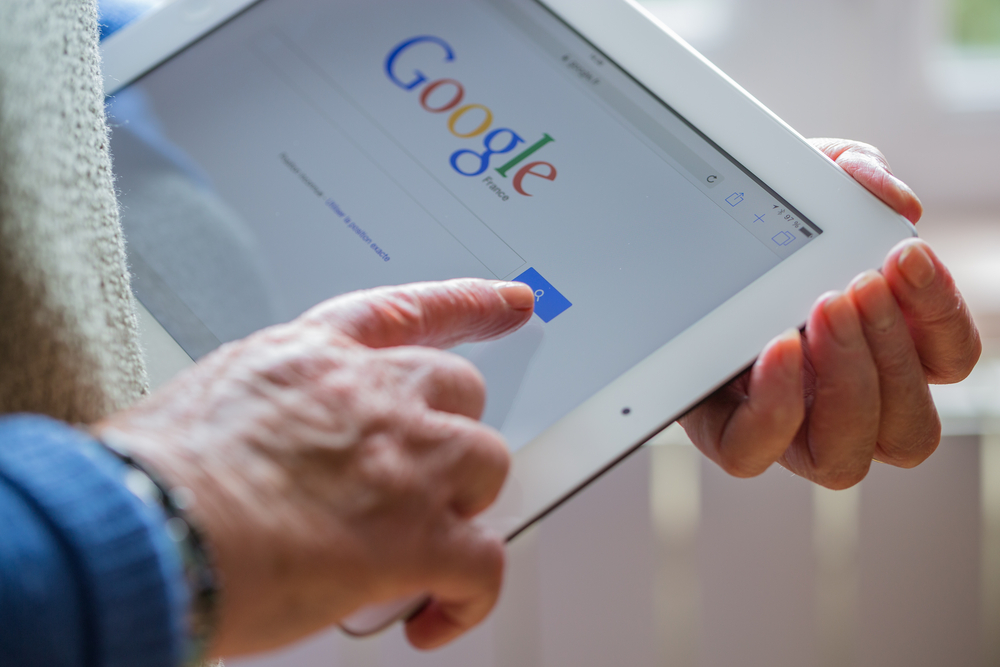Excessive health-related search may cause more stress and anxiety. Dr Google may not be able to rescue your health concerns instead it may worsen it causing Cyberchondria.
It’s a wonderful day at home and you find yourself googling about the recurring headaches – why does it happen, is it an onset of something… In the first hour of going through various sites on the net, you come across benign causes of headache – stress, sleep deprivation, dehydration, not eating regularly, too much painkiller, bad posture and so on. You feel at ease and carry on with your day. You drink plenty of fluids to keep yourself hydrated, have your meal on time and yet again the headache reappears.
At this point you turn to google once again and come across conditions like stroke, meningitis, brain tumour, traumatic brain injury… causing you to panic. Your second visit to Dr Google is now making you anxious and stressed about the diseases you just read.
You ruin the rest of the day convincing yourself about having an illness that may not exist. At this point you get an uncontrollable urge to read more about these diseases. In fact, you begin to compare your symptoms with everything you read online and somehow you have managed to connect the dots. Dr Google has now caused you cyberchondria.
Cyberchondria
The anxiety you experience as a result of excessive web searches about symptoms or illnesses is known as Cyberchondria. The term cyberchondria is a word play on ‘hypochondria’ which means health anxiety. It is not an official diagnosis however, turning to google obsessively about health conditions will cause cyber anxiety also known as cyberchondria.
Studies show that google search on health can also cause a downward spiral in people who normally feel good about their health.
Here are the signs of cyberchondria to lookout for
- Obsessively searching and comparing health conditions online for too long and in regular intervals.
- Difficulty to close the health tab with all the info
- Experiencing a lot of distress and fear as you read more and more
- When it begins to impact your day-to-day functioning
Here are 6 ways to rescue yourself from cyberchondria
1. Make a note – When it comes to excessive searching it is essential that you keep an account of your searches. Make a note of how often, and what led you to search. Keeping a track will help you spot and control obsessive searching.
2. Understand web algorithm – Whatever you search for keep in mind that the top search results are often clickbait. The results may show you what you are looking for but it may not necessarily explain your symptoms. It could contain fascinating stories ending with death feeding your anxiety levels. Hence its better to avoid the top results in terms of health.
3. Search smartly – There are plenty of websites that will provide you with endless information on your search. However, it is essential to limit yourself to reliable source such as a government-run website and/or those written by medical professionals. Stay away from blogs, forums, testimonials or social media.
4. An alternative explanation – Think about alternative explanation to your symptoms. For instance, the headache that you are experiencing could be due of excessive use of computer or because of watching movies back to back.
5. Plan strategies – Once you have a track of how often you search, use other strategies to cut down, and prevent searching. Focus on scheduling activities at your high-risk times – reading, gardening, cooking, baking… anything that diverts your focus. You can also try calming technique such as – chanting, breathing exercises, yoga, tai-chi, meditation… This way you will keep yourself occupied.
6. Watch the urge – Don’t dive right into searching the web. The moment you feel the urge to search, breathe and focus on relaxing techniques – you can start chanting if it helps at that moment. The idea is to prevent yourself from giving into the urge to search. As you begin to calm down you will notice that the urge to search has reduced over time. If you are unable to have control, it is a sign that you need to consult a psychologist.
Consult a doctor for your health conditions. Dr Google may have all the information but it will not be able to diagnose you. While a doctor will not only diagnose you but also provide you with a specific treatment for your condition. Also, going to the doctor will save you from unwanted health-related anxiety and stress.








